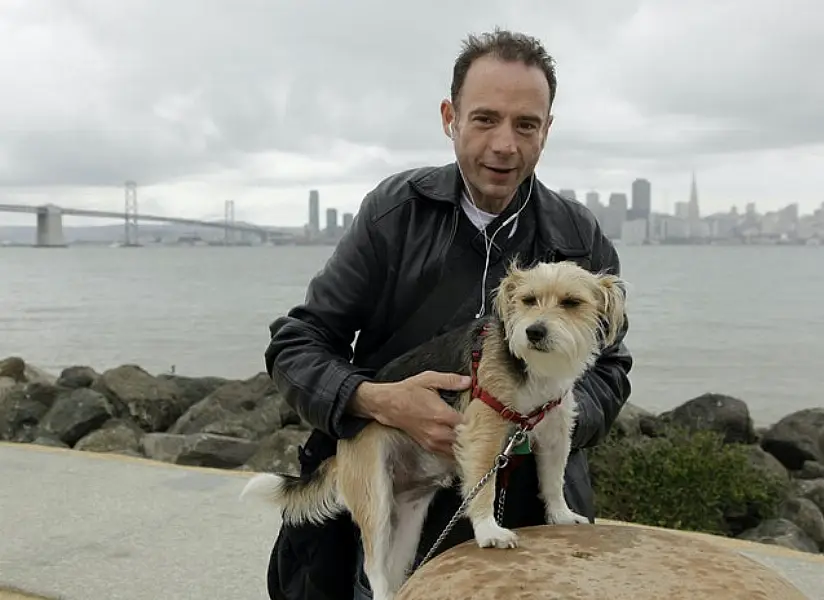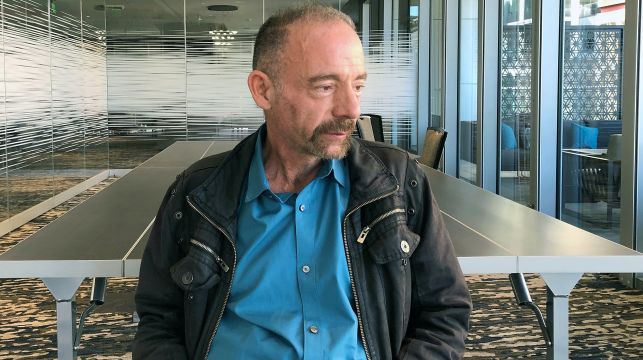Mr Brown, dubbed “the Berlin patient” because of where he lived at the time, had a transplant from a donor with a rare, natural resistance to the AIDS virus.
For years, that was thought to have cured his leukaemia and his HIV infection.
He still shows no signs of HIV.

Mr Brown said his cancer returned last year and has spread widely.
He is receiving hospice care where he now lives in Palm Springs, California.
“I’m still glad that I had it,” Mr Brown said of his transplant.
“It opened up doors that weren’t there before” and inspired scientists to work harder to find a cure, which many had begun to think was not possible, the 54-year-old said.
Dr Steven Deeks, an AIDS specialist at the University of California, San Francisco, who has worked with Brown to further research towards a cure, said: “Timothy proved that HIV can be cured but that’s not what inspires me about him.
“We took pieces of his gut, we took pieces of his lymph nodes … every time he was asked to do something, he showed up with amazing grace.”
Mr Brown was an American working as a translator in Berlin in the 1990s when he learned he had HIV.
In 2006, he was diagnosed with leukaemia.
He’s been like an ambassador of hope
Dr Gero Huetter, a blood cancer expert at the University of Berlin, believed a marrow transplant was Mr Brown’s best chance of beating leukaemia.
He also wondered if he could cure Mr Brown’s other life-threatening disease by using a donor with a gene mutation that provides natural resistance to the AIDS virus.
Mr Brown’s first transplant in 2007 was only partly successful – his HIV seemed to be gone but his leukaemia was not.
He had a second transplant from the same donor in March 2008 and that one seemed to work.
Since then, Mr Brown has repeatedly tested negative for HIV and has frequently appeared at AIDS conferences where cure research is discussed.
His partner Tim Hoeffgen said: “He’s been like an ambassador of hope.”
A second man, Adam Castillejo, called “the London patient” until he revealed his identity earlier this year, is also believed to have been cured by a transplant similar to Mr Brown’s in 2016.







